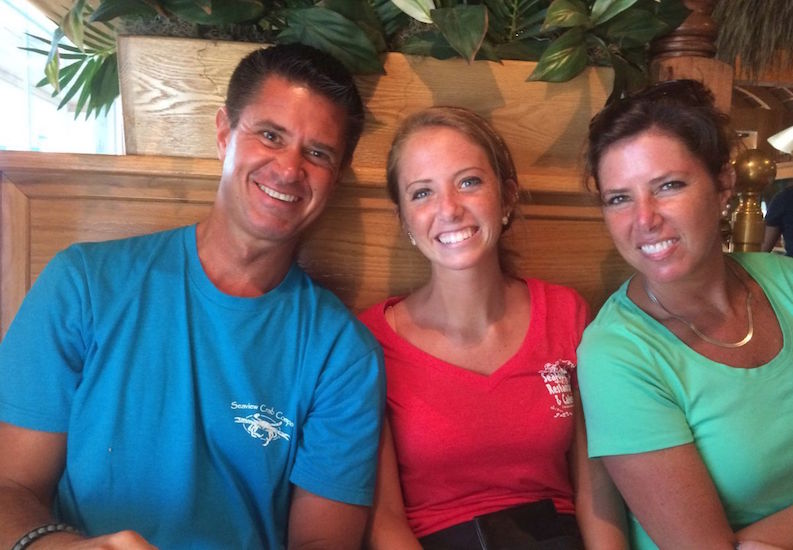The 'Helpful' Comments About My Disorder That Feel Like Judgments
While I truly believe that people have good intentions, their opinions and comments often miss the mark when it comes to what we experience living with dystonia. Some of the many things I’ve heard include:
“It’s all in your head.”
“You’re just having a bad day.”
“Everybody gets tired.”
“You’re just depressed.”
“You’ll just have to tough it out.”
“If you would just get out more…”
“There are people worse off than you.”
“It can’t be that bad.”
“If you would just exercise more…”
Most of these comments come across as judgmental, but I know people aren’t trying to hurt me. They just hurt sometimes because each statement feels like a harsh opinion not based in reality.
When my dystonia was severe, I mentioned to someone that I felt lost without my watch. She responded by saying, “What do you need a watch for? You don’t do anything or have any responsibilities.” Unbeknownst to this person, who only saw me about an hour every few weeks and therefore had a small window into my world, I did have responsibilities of which she was unaware. Many were related to managing my symptoms so I could have some level of function during the day, which was the hardest job I ever had in my life. At the time I was crushed, but I rose above it because I knew she wasn’t aware of my challenges so she didn’t know any better.
While I value the opinions of people in my life, I had to learn to be independent of the opinion of others. For my own sanity, I must live my life the best way I know how so I’m most comfortable, regardless of what others think. Someone’s opinion of me does not have to become my reality.
Whether we like it or not, people will judge and have their opinions about us and how we live our lives no matter what we do or don’t do. We are the same way. We all have judgments and opinions about everything. It’s the nature of being human. It just tends to hurt more when we are struggling each day with a nagging health condition.
When symptoms change and we look better or sound more upbeat because we’ve come to better accept our situation, there’s an assumption by some that we are “healed.” We may in fact be better, but maybe not the same as we once were. Those who don’t understand this might think we are back to our old selves and can do everything we once did. I hear this all the time. Because I look much healthier than I feel, people think I’m healed and have expectations I’m not always able to fulfill.
When this happens, people can become frustrated and sometimes even belittle me. This is because they wrongfully assume that by now (whatever time frame it is) I should be better or gotten over it already. I do not dismiss what they say because they sometimes have a helpful perspective I may not have thought about, but it’s important to distinguish between helpful insights and judgmental opinions.
Finding relief should be our number one priority — not pleasing others. Family, friends, and co-workers should respect us for this. I doubt any of them would like to be in our shoes. We need to put ourselves in a position of power and not accept labels that may be put upon us such as lazy, mental, apathetic, sympathy-seeking, hypochondriac or any other thoughtless title sometimes associated with a chronic condition. We need to be careful not to label ourselves either. We should wear our challenges as armor — not as shackles.
Pace yourself and let others know you might need to take a break once in a while or that it might take a little longer for you to do something. Ask for their patience, but more importantly, be patient with yourself. Take responsibility for your condition in order to make the best decisions for yourself. This is your life. Own it and live it how you choose, independent of what others think.
Life is deep and simple.
What our society gives us is
shallow and complicated.
Be a first-rate version of yourself.
Not a second rate version of someone else.
Excerpt from “Diagnosis Dystonia: Navigating the Journey” (2015), by Tom Seaman
September is Dystonia Awareness Month. To learn more about this neurological movement disorder, contact the Dystonia Medical Research Foundation. To sign the White House petition to have September formally recognized as Dystonia Awareness month, click here.
Lead photo source: Thinkstock Images

